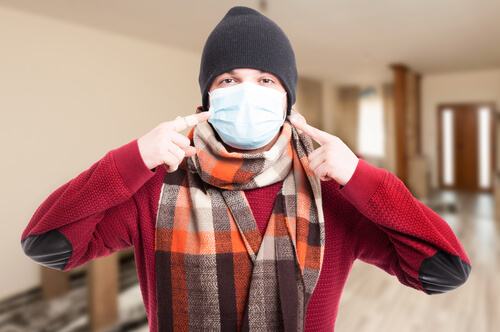
Urethritis describes a condition that causes inflammation of the urethra, the tube that transports urine from the bladder. Patients who are experiencing this condition notice difficulty and pain when urinating.
In most cases, urethritis occurs due to bacterial or viral infection, with chemical exposure sometimes causing symptoms as well. Urethritis is very different from a urinary tract infection, where the entire urinary tract experiences infection.
Urethritis transmits through sexual contact with an infected person and presents symptoms that are characteristic of bacterial or viral infection, such as;
• Discomfort and pain when urinating.
• Strange vaginal or penile discharge.
• Pain during intercourse.
• Abdominal and pelvic pain.
• Fever and chills.
• Itching.
• Frequent or urgent urination.
• Fever and chills.
• Stomach pain.
• Itching.
• Enlarged lymph nodes in the groin area.
Symptoms vary slightly between men and women, but the infection has the same causes. Here are eight things that trigger urethritis, and what strategies you can follow to treat your condition.
1. Viral Infection
There are two types of urethritis – bacterial and viral. The viral type typically presents symptoms with less intensity and persistence than a bacterial infection. Most viral cases of urethritis resolve on their own in a few days, but there are instances where the patient may need to seek medical attention if their symptoms become unmanageable.
Viral urethritis spreads through sexual contact with an infected person and is usually a complication of infection with either the herpes simplex virus or cytomegalovirus. Either case presents mild symptoms that include a low-grade fever, pain when urinating, inflammation of the urethra, and pain during penetrative sex or ejaculation.
Since most cases of urethritis resolver on their own, doctors may be hesitant to treat the patient with antibiotics for their infection. They will most likely opt for treatment with OTC medications to deal with symptoms as they occur. Anti-inflammatories and painkillers may be necessary if symptoms become severe.



